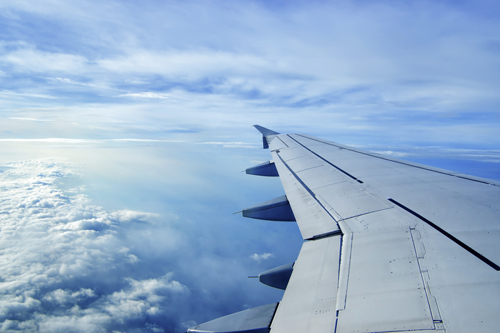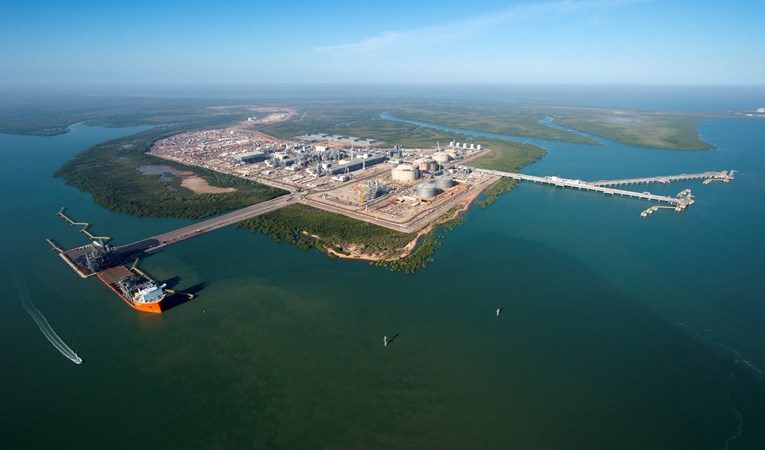
Rwanda may be one of Africa’s smallest nations, and one with an unenviable recent history to say the least, but since its now President Paul Kagame was elected in 2003 it has experienced a decade of relative peace and security. This has enabled Rwanda to take advantage of its strategic location within the African continent. ‘Landlocked’ can also mean ‘central’: Rwanda is situated at the heart of Africa, and therefore well placed to act as a hub for regional air traffic.
The country’s new national carrier began operations on 1st December 2002 under the name RwandAir Express, with passenger transportation as its primary activity though it held a concession to carry out airport ground handling of freight at Kigali International airport, Kanombe, as an ancillary activity. In March 2009, following a tragic accident at Kanombe, it was decided that the airline would stop being a fleet borrower and become a fleet owner and operator. To mark the change of direction the company changed its name to RwandAir.
Since 2009, RwandAir has built a reputation as a reliable timekeeper that offers affordable fares to most capital cities in eastern Africa while operating a young, state-of-the-art fleet. Passenger numbers have just about doubled each year as the airline acquired new aircraft and opened new destinations. Today the airline operates a fleet of seven aeroplanes made up of two Boeing 737-800 NG series planes with a capacity for 154 business and economy class passengers, two Boeing 737-700s seating 120, two Bombardier 75-seater CRJ900 NextGen and a Bombardier Dash 8-200.
RwandAir was the first African carrier to fly the 737-800 NG with its interior mood lighting and enhanced ‘Sky’ interior design. This aircraft offers a much higher operating range capability than was previously available, in the region of 6,000 kilometres. RwandAir is now able to offer direct flights to south-western Europe, Asia Minor and South-east Asia as well as the Middle East and any number of West African destinations.
In April this year Bombardier Aerospace and RwandAir announced that a purchase agreement for one Q400 NextGen turboprop airliner at a cost of approximately $33 million. “As demand for domestic and regional travel in Africa accelerates, our 67-seat, dual-class Q400 NextGen aircraft will ensure RwandAir is well positioned to offer increased capacity on popular routes that are being opened and serviced with our 37-seat Bombardier Dash 8-200 aircraft,” said John Mirenge, RwandAir’s Chief Executive Officer. “The Q400 NextGen turboprop is the right aircraft to develop our domestic and regional market and to firmly support RwandAir on our path towards growth and increased profitability.”
Stressing the importance of getting fleet selection right for the passenger profile that RwandAir is targeting, he added: “We are also complementing our new dual-class Bombardier CRJ900 NextGen regional jets by offering similar cabin amenities on the Q400 NextGen aircraft, providing for a seamless passenger service between the two aircraft models and aligning our total fleet strategy towards a unified passenger experience. We are developing the RwandAir brand and we are gaining momentum in the region through selection of the right aircraft and right services for our growing market.”
This is a well-tried plane. RwandAir will become the 12th operator of Q400 and Q400 NextGen aircraft in Africa, and its Q400 NextGen aircraft will join more than 40 Q400 and Q400 NextGen aircraft that are already in service with, or have been ordered by, eleven operators in nine countries in Africa. Now RwandAir serves most East African Community (EAC) capital cities with daily flights and flies to Johannesburg and Dubai three times a week. Recently it introduced flights to Lagos in Nigeria, Libreville in Gabon and to Brazzaville in the Republic of Congo. Current destinations include Nairobi, Entebbe, Mombasa, Bujumbura, Dar es Salaam, Kilimanjaro, Johannesburg, Brazzaville and Dubai.
In 2012 RwandAir launched direct flights to Mwanza, Tanzania’s second largest city and a key centre for the mining and minerals industry. Until then there were no direct flights between Kigali and Mwanza and passengers had to travel via Dar es Salaam. Additionally the company has codeshare agreements (a form of aviation industry arrangement where two or more airlines share the same flight) with SN Brussels on the Kigali-Brussels sector and Ethiopian Airlines on the Kigali-Addis Ababa sector. In February 2013, Mirenge announced that the airline would soon add Accra, Cape Town, Harare, Juba and Zanzibar to its list of destinations.
John Mirenge, himself a Rwandan citizen, was appointed CEO of RwandAir in October 2010. A graduate of Uganda’s Makerere University he is also Chairman of Tristar Investments and Prime Holdings, a government-owned investment company, and a director of The Rwanda Investment Promotion Agency. From 2008 until 2011 he also served as a non-executive director of the South African power utility Eskom. Under his leadership the company has broadened its horizons. Keeping up passenger numbers is not the primary problem for a growing carrier like RwandAir, he says. “Africa is not short of people who want to fly. But over the last 18 months we have developed our strategy and stopped thinking like a small airline. We have decided that rather than just meeting existing demand we need to go out and create it. We want to be a catalyst for air transport in the region, stimulating the market and demonstrating that flying is not something reserved for the well-off.”
He would like to see Kigali become a mini-hub within Africa; and this is no fanciful vision. “We are in the heart of Africa and almost every other African country is between three and four hours’ flight time from Kigali,” he points out. Apart from the codeshares it already has in place, RwandAir signed an agreement with Turkish Airlines two years ago that extends the African carrier’s reach into Asia, particularly South East Asia, as well as other international destinations including North America. With a young and competitive fleet, RwandAir is now in a much better position to realise Kigali’s potential and its aspiration to become what has been describes as the economic turntable where east meets west.
Written by John O’Hanlon, research by Robert Hodgson
DOWNLOAD
 RwandAir-Africa-T&L-Dec13-Bro-s.pdf
RwandAir-Africa-T&L-Dec13-Bro-s.pdf













